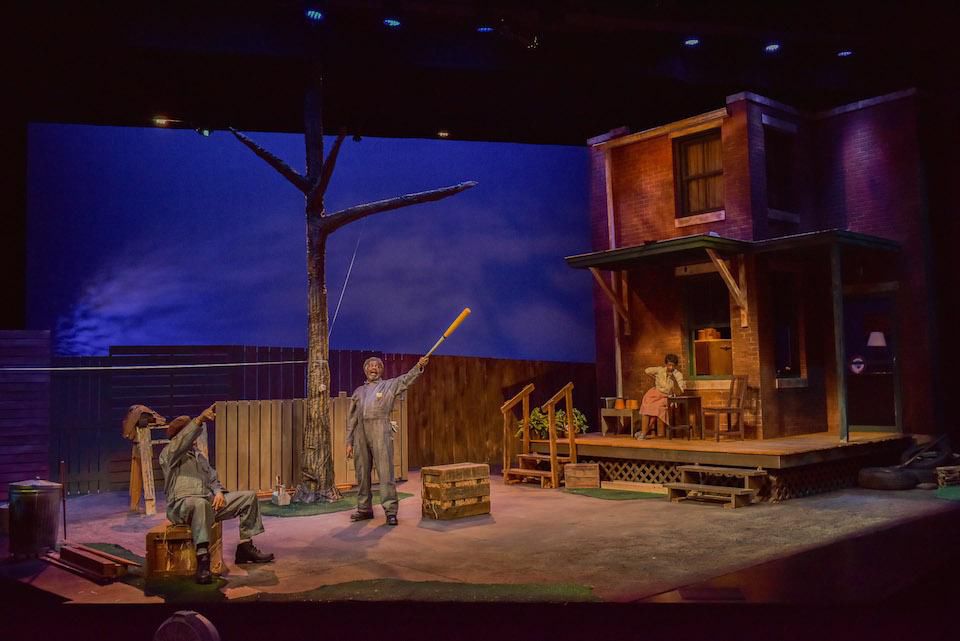

The BBC Proms continue until 10 September. Radio 3 listeners probably got a better sense of the finer details of her carefully moulded performance, the way in which Dean’s tactful orchestrations open out these songs of the 1880s, hinting at the Debussy masterpieces to come – Pelléas et Mélisande, La Mer – provided yet more opportunities for the orchestra to show what a refined band it is.Īvailable on BBC Sounds until 10 October. The centrepiece had been Debussy’s six Ariettes Oubliées, in Brett Dean’s orchestral arrangement, with the Australian soprano Siobhan Stagg as the soloist. There was wonderful solo playing again, especially from the oboe and horn, while an encore of a Dvořák Slavonic Dance was irresistibly rumbustious. The performance never seemed too fast or too slow everything seemed to be allowed to move at its natural pace, perfectly weighted, exactly as it was meant to go. His stormy account of the passacaglia, unmistakably expressionist, found echoes in the climaxes of the orchestral pieces, in the snarling brass of the second and the final outburst of grief in the funeral-march fourth, while the AWO’s outstanding woodwind (hard to identify individually, as the programme listed the players alphabetically by section) made every melodic shard count.Īt the opposite end of the evening, Brahms’s Second Symphony was a perfect demonstration that Mehta’s command of large-scale form was as complete as his handling of any miniature. He has always been a superb interpreter of the Second Viennese School, and he began this concert with two works by Webern, the Passacaglia Op 1 and the Six Pieces for Orchestra Op 6, the more manageable 1928 revision rather than the original gargantuan version. Mehta clearly brings the best from them too. The lineup for its current tour includes players from across the northern hemisphere, from San Francisco to Hong Kong, who meld into a remarkably flexible ensemble.

With it came the Proms debut of a rather special orchestra founded 12 years ago, the Australian World Orchestra brings together expatriate Australian musicians from all over the globe to work alongside their home-based colleagues. package that should be warmly welcomed by classical music collectors. He last appeared at the Proms in 2011, and his return was warmly received. Greetings, Being a musician and classical music collector ,i have an interest in early recordings.Especially the era from 1920 to 1945.These years cover the infancy of electrical and stereo.Acoustic recordings had been in existence since 1882. A MILLION SELLER SINGLE NOW.becomes a MILLION. Zubin Mehta is one of the outstanding conductors of our time, yet over the last two decades he has become an increasingly rare visitor to London.


 0 kommentar(er)
0 kommentar(er)
